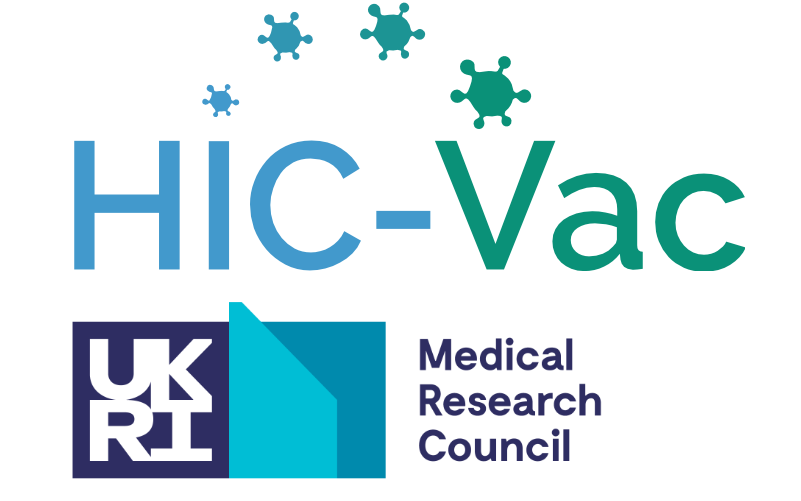The SARS-CoV-2 coronavirus is likely to cause outbreaks of COVID-19 in the UK and around the world for years to come, even with vaccines available. There is still an urgent need to better understand the infection and continue efforts to develop new vaccines and treatments.
Human infection studies can help to address this need. This kind of study can provide an efficient platform for rapidly testing new vaccines and treatments. Human infection studies can also give researchers very detailed information about the infection, some of which can only be found in this way and will have important public health benefits.
Vaccines and treatments
Even though some COVID-19 vaccines are available, there are good reasons why we need continued research into new vaccines and treatments for COVID-19.
- It will take a long time to vaccinate everyone around the world. New vaccines will increase availability, especially if they do not require cold storage (and therefore can be used in more remote places or countries without the infrastructure to keep them cold).
- The virus is changing, so we will likely need to keep updating the vaccines and testing them against new emerging variants of the coronavirus.
- Having ‘single shot’ vaccines (highly effective after a single dose) would mean we could protect the population faster. Furthermore, finding new ways to deliver vaccines (for example, via a nasal spray) could also be beneficial by making them easier to administer and more acceptable.
- Some people won’t respond to the current vaccines or can’t be given them for medical reasons (or don’t want a vaccine). We still need better treatments for this group of people to help prevent them being infected, or from becoming seriously ill or dying from COVID-19.
Human infection studies will also be able to help answer fundamental questions about vaccines, including whether they stop people passing on the virus as well as preventing them from becoming seriously unwell. If vaccines can block transmission too, they will be more effective because they create herd immunity and protect those who aren’t vaccinated (including vulnerable groups who may be unable to receive a vaccine). This kind of study could also help determine the best timing of second doses and boosters, and to understand how long immunity from the vaccines last.
Understanding COVID-19 and the immune response to the virus
There are many aspects of SARS-CoV-2 infection that scientists still don’t understand that human infection studies could help answer. Because volunteers taking part in a such a study can be monitored from the moment they are given the virus, researchers can get very detailed information about the infection which wouldn’t be possible from people who have caught it naturally.
A human infection study can provide critical insights including:
- The incubation period of COVID-19 (the time from a person catching the virus to when they start to feel unwell), during which people can be infectious.
- The overall length of time that people are infectious (from first being exposed to when the virus is no longer detectable) and the best tests to identify infectious people.
- The risk of reinfection (some people have caught COVID-19 more than once). Researchers can use this kind of study to find out how long natural immunity lasts, factors that put people at higher risk of reinfection, whether new variants pose a higher risk of reinfection, and if reinfected people can spread the virus to others.
- Why many people infected with coronavirus have no symptoms (asymptomatic) but are still major spreaders of the infection.
Understanding more about the infection will help to inform public health measures like self-isolation and travel quarantine periods, track and trace efforts, how to reduce asymptomatic spread, and community testing programmes.

